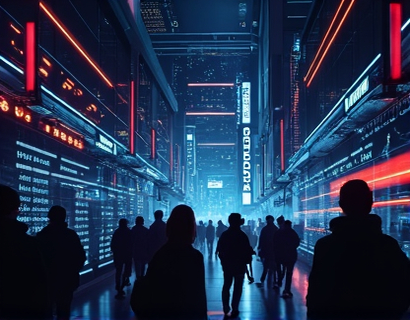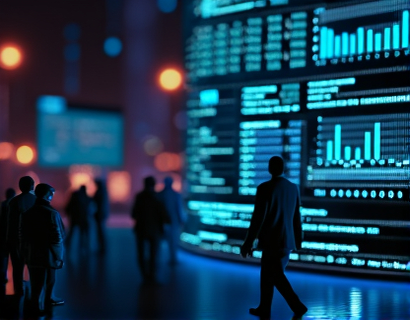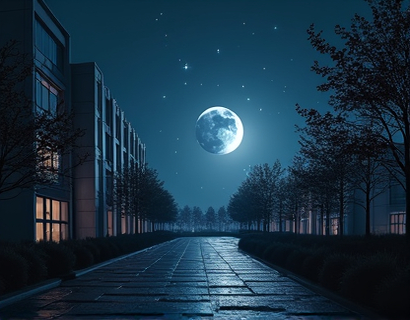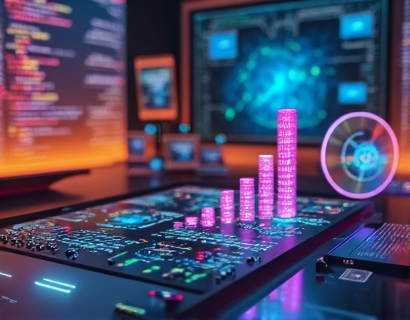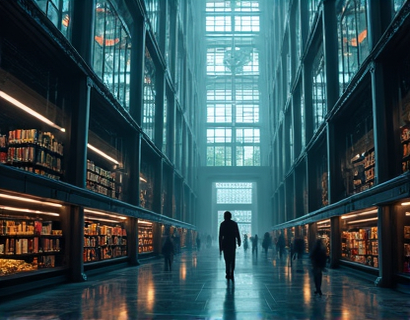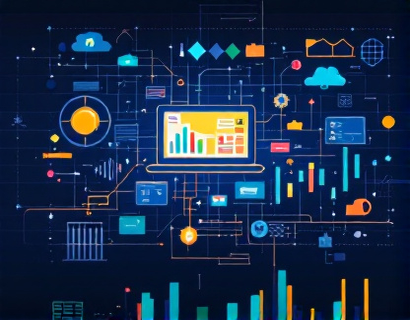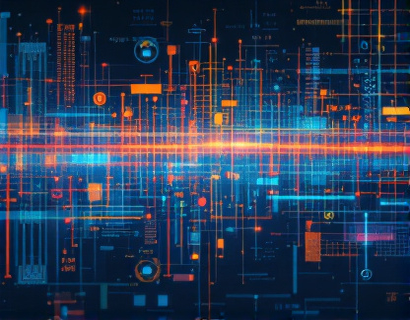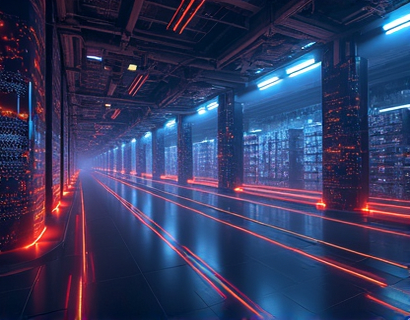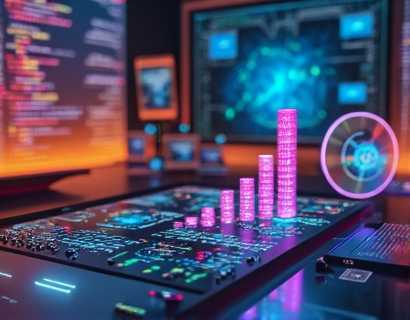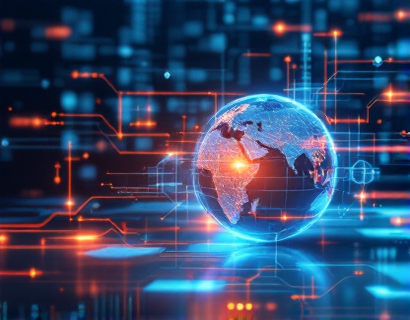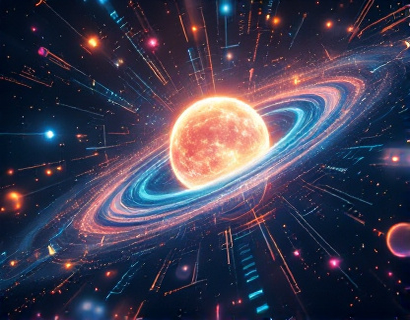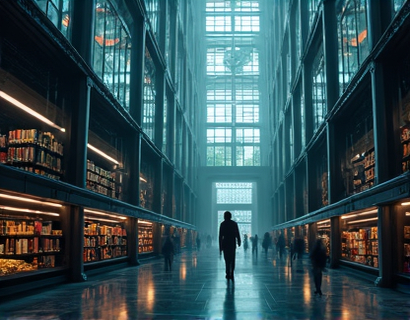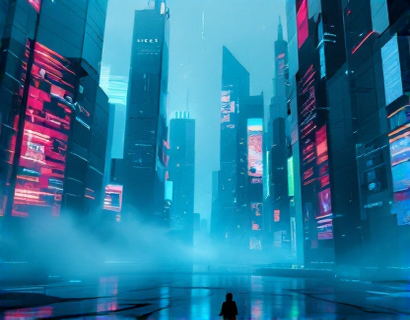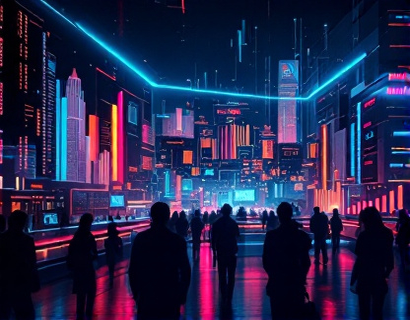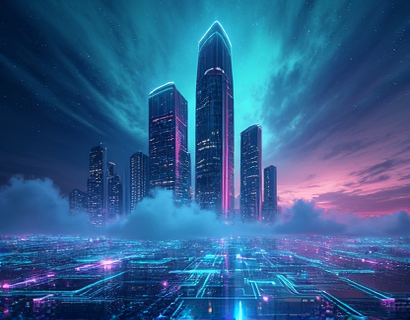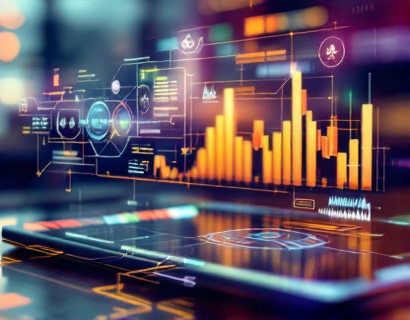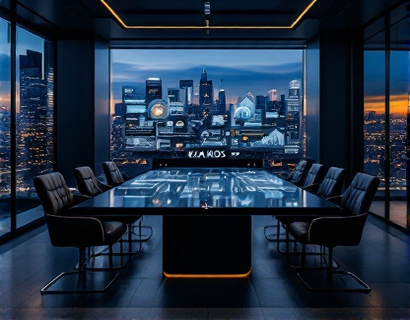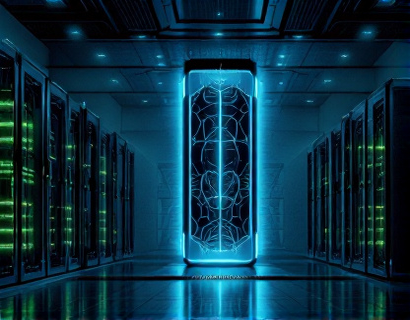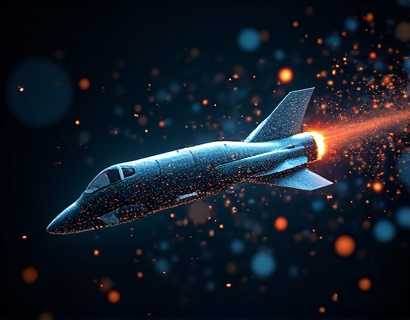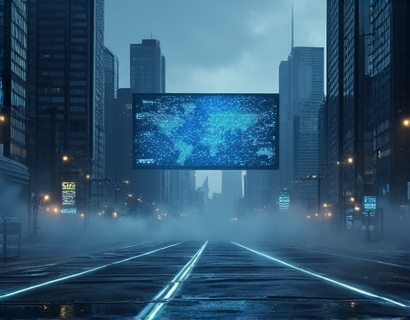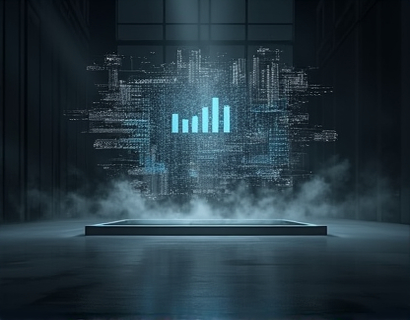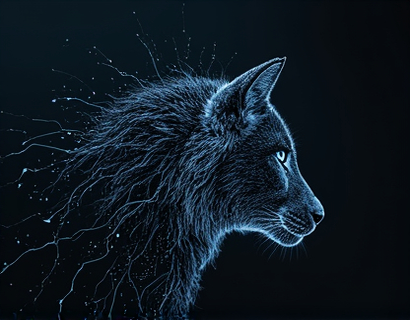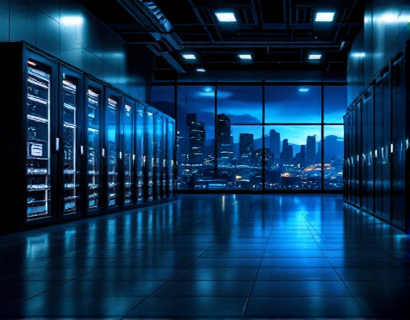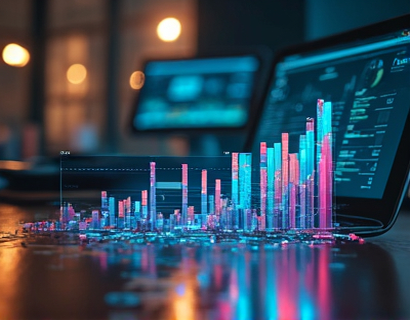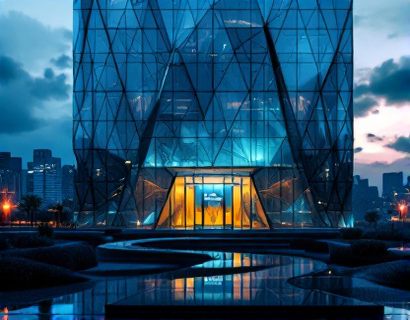AI-Powered Creativity Transformation: Revolutionizing Film, Music, and Gaming Production with Advanced Technology Solutions
The entertainment industry is at a pivotal moment, driven by the rapid advancement of artificial intelligence (AI) technology. This transformation is not just about automating tasks but about fundamentally changing how creativity is expressed and realized in film, music, and gaming. AI is enhancing the creative process, optimizing production workflows, and streamlining project management, offering professionals in these fields unprecedented tools to achieve exceptional results and set new industry standards.
Enhancing Creativity in Film Production
In the realm of film, AI is revolutionizing the way stories are conceived, scripts are written, and visual effects are created. AI algorithms can analyze vast amounts of data to identify trends, predict audience preferences, and suggest innovative narrative structures. For screenwriters, AI-powered tools can assist in generating plot ideas, developing character arcs, and even drafting dialogue. These tools learn from successful scripts and industry best practices, providing writers with valuable insights and suggestions to enhance their work.
Visual effects (VFX) are another area where AI is making significant strides. Traditional VFX workflows are time-consuming and require extensive manual effort. AI-driven solutions can automate repetitive tasks such as object tracking, background removal, and environment generation. Machine learning models can learn from existing VFX shots to create more realistic and detailed effects, reducing the time and cost associated with manual creation. This not only accelerates production but also allows artists to focus on more creative aspects of their work.
Optimizing Music Production
The music industry is equally benefiting from AI technology. Composers and producers can leverage AI to generate musical ideas, create unique soundscapes, and even compose entire tracks. AI algorithms can analyze vast music libraries to identify patterns and styles, suggesting new melodies, harmonies, and rhythms that align with the desired genre or mood. This capability is particularly useful for artists looking to experiment with different sounds or speed up the creative process.
AI-powered tools can also assist in the mixing and mastering stages of music production. These tools can analyze audio files to optimize sound quality, balance, and dynamics, ensuring a professional finish with minimal manual intervention. Additionally, AI can help in the creation of personalized music recommendations, enhancing the listener experience by curating playlists based on individual preferences and listening history.
Transforming Gaming Production
In gaming, AI is transforming the development process from concept to launch. Game designers can use AI to generate levels, create non-playable characters (NPCs) with realistic behaviors, and even write dynamic dialogue. AI algorithms can analyze player behavior data to adapt game difficulty in real-time, ensuring an engaging and challenging experience for players of all skill levels. This adaptive technology not only enhances gameplay but also extends the lifespan of a game by keeping it fresh and interesting.
AI is also revolutionizing graphics and animation in gaming. Machine learning models can generate high-quality textures, models, and animations, reducing the workload on artists and allowing for more detailed and immersive environments. Real-time rendering techniques powered by AI can render complex scenes on the fly, enabling more sophisticated visual effects without compromising performance.
Streamlining Project Management
Beyond creative tools, AI is optimizing the overall project management in the entertainment industry. AI-driven project management platforms can predict project timelines, allocate resources more efficiently, and identify potential bottlenecks before they become issues. These platforms analyze historical data and current project metrics to provide data-driven insights, helping project managers make informed decisions and keep projects on track.
Collaboration is another area where AI shines. AI-powered communication tools can facilitate seamless collaboration among team members, regardless of their physical location. These tools can translate languages in real-time, summarize meeting notes, and even suggest action items based on discussion topics. This not only improves efficiency but also fosters a more inclusive and productive work environment.
Challenges and Considerations
While the integration of AI in the entertainment industry offers numerous benefits, it also presents challenges that need to be addressed. One major concern is the potential displacement of jobs. As AI takes over routine and repetitive tasks, there is a risk that some roles may become obsolete. However, this shift also creates new opportunities for roles that focus on creative direction, strategy, and oversight, requiring a different set of skills.
Another consideration is the ethical use of AI. Ensuring that AI-generated content respects copyright laws, avoids bias, and maintains artistic integrity is crucial. Industry professionals must work closely with AI developers to establish guidelines and best practices that promote responsible AI usage.
Future Prospects
The future of AI in the entertainment industry is bright, with ongoing advancements promising even more innovative applications. As AI models become more sophisticated, we can expect to see deeper integration into every aspect of production, from pre-production planning to post-release analytics. The synergy between human creativity and AI technology will continue to push the boundaries of what is possible, leading to more immersive, engaging, and personalized entertainment experiences.
The entertainment industry stands at the forefront of a technological revolution, with AI playing a central role in this transformation. By embracing these advanced solutions, professionals in film, music, and gaming can unlock new levels of creativity, efficiency, and innovation, setting new standards for the industry and redefining the art of storytelling.



